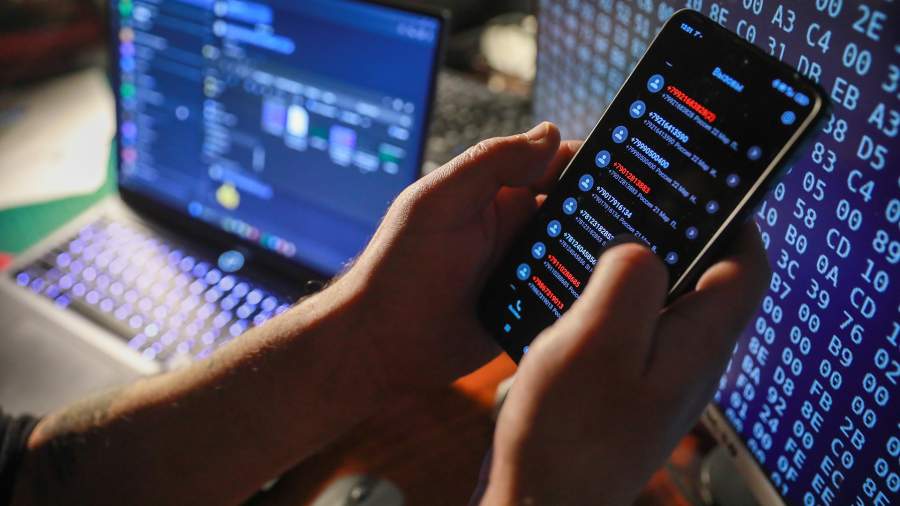Almost every Russian surveyed has experienced cyberbullying

Among the Russians surveyed, 97% have experienced cyberbullying over the past year. This is stated in the results of a study by the SberMarketing agency and the digital risk management company BI.ZONE, which were reviewed by Izvestia on May 15.
Experts have found that 24% of users use the same password, 60% use different passwords. Four out of five Russians (79%) understand that using one password is unsafe. To protect their credentials, 39% of Russians surveyed set up two-factor identification wherever or almost wherever possible. However, 42% do this only in mission-critical services. However, one in five (19%) does not use this option, using only a password. At the same time, only 60% of respondents use different passwords for different online services.
In addition to identical passwords, simple combinations also increase the risk of hacking credentials. According to analysts, in 2024, the password 123456 turned out to be the most popular. Common options are password and qwerty123.
Multi-factor authentication adds an additional layer of protection, experts emphasized. Even if the password to the account ends up in the hands of scammers, access will appear only after entering the second factor. They can be a code from an authenticator application, a biometric method, a confirmation code via a third-party application or SMS.
"Most people understand that using the same password, especially a simple one, is unsafe. However, even a complex password will not save the entire organization from being hacked. And if the password obtained by the attackers fits all the accounts of a person, it is fraught with financial losses," said Tatiana Shulgina, Deputy General Director of Sbermarketing.
In her opinion, a balance of responsibility is needed. It is important for users to perform the set of actions that companies need to ensure the security of personal data. At the same time, companies should consider the simplest and most reliable data protection option that will require minimal effort from customers.
According to BI.ZONE Brand Protection, if a company has a website with the ability to create a personal account, then in 70% of cases, attackers create a phishing resource to trick users into getting money.
According to the survey results, the most popular type of fraud is telephone fraud: four out of five Russians (79%) have received such calls over the past 12 months. Fraudulent mailing lists in messengers are in second place in popularity.: 42% had encountered them, and 25% said that they themselves or their friends had suffered. Fraudulent email newsletters and web resources are slightly less common - 35% and 21%, respectively, have interacted with them over the past year.
"The data obtained show that the level of knowledge and resistance of the population to the actions of fraudsters is still low. The attackers create fake websites and communicate on behalf of popular brands via email and messengers. Therefore, we recommend that users always remain attentive," added Muslim Majlumov, Director of Products and Technology at BI.ZONE.
Earlier, on January 20, it was reported that the most common scenario of telephone fraud in 2024 was the proposal to allegedly extend the contract with the telecom operator. Scammers also often promised to issue or increase the benefits paid, increase the pension amount, or recalculate payments based on previously missed seniority or data. This follows from the data provided by Yandex.
Переведено сервисом «Яндекс Переводчик»

